Keto Lifestyle






Historically, the ketogenic diet is very low in carbs, high in fat, and moderate in protein. This is not a new fad diet. Humans have survived on a diet consisting primarily of meat and vegetables for centuries. Only with the advent of modern civilization have humans begun to digest large amounts of starches in the form of tuber vegetables and grains, as well as refined sugar. As society and technology have advanced, so have processed forms of food. Our bodies are not created to utilize large quantities of carbohydrates, let alone processed ones. The overconsumption of carbohydrates has been linked to a grocery list of ailments, such as brain fog, diabetes, low blood sugar, increased A1c levels, lack of energy, depression, Alzheimer’s disease, increased fat storage, gut damage, insulin resistance, and increased blood pressure.
While most people associate the keto diet with weight loss, the health benefits of the ketogenic lifestyle are endless. These include, but are not limited to, improved brain health, including mental health and control over epilepsy, autism and Alzheimer’s disease; decreased risk of cardiovascular disease; decreased chronic pain; elimination of candida (yeast); elimination of skin issues such as acne and eczema; elimination of respiratory issues such as asthma; elimination of acid reflux; starving of cancer cells; and improvements to hormone balance and fertility. The keto diet also reduces hunger and increases satiety thanks to the balance of hormones such as leptin, which can be particularly helpful when trying to lose weight.
The saying of calories in vs calories out is not accurate. Calories do count, but more importantly the quality and nutrients of the food count more than the calories themselves. More specifically, all calories are not created equally. When following a ketogenic diet…
Carbohydrates are typically reduced to 20–30 grams per day or less, while sugar and high-carbohydrate foods are eliminated completely. This carbohydrate reduction forces your body to rely on fats (and protein) for its main energy source instead of glucose—a process known as ketosis. But, don’t I need to eat more carbohydrates to fuel my body? No! Fat adaption is a much more efficient form of metabolism thanks to your liver and gluconeogenesis, and lipolysis (but more on that later). While in ketosis, your body uses stored glucose and ketones—molecules produced in the liver from fats when glucose is limited—as an alternate fuel source.
Protein intake should be looked at as your main daily GOAL! You need to meet your protein requirements to build and maintain muscle mass. Your daily protein intake should be approximately one gram of protein per kilogram of body weight, or 0.8 grams of protein per pound of lean body mass. This usually equates to 75–100 grams or more per day.
FAT! Why is fat important? Fat, and in turn cholesterol, are the building blocks of every healthy hormone in your body. Did you know that the sheath of your bones is made up of saturated fat? Among other things, thyroid hormones and sex hormones such as progesterone and testosterone are essential to proper health, and they would not work without cholesterol from your diet. What we don’t take in as saturated fat in our diet our liver has to make. Adopting a ketogenic lifestyle does not mean you can gorge yourself on fat and expect weight loss though. Adding butter to your coffee does not equate to health! Fats are used as leverage in a well-formulated ketogenic diet and the goal is 100 grams or less per day. This varies when treating disease processes, such as epilepsy or Alzheimer’s disease. The more fat you eat, the less body fat is used for fuel. More on fat flux later!
In the ketogenic lifestyle, macros aren’t the only thing to look at. We also focus on micronutrients, such as vitamins, minerals, and electrolytes. We look at the benefits of intermittent fasting for brain function, inhibited cancer growth, increased effectiveness of insulin, cell repair, and cardiovascular health. We look at the extensive benefits of exercise, including cardiovascular training, strength training, interval training, yoga, and using your fat fueled body to gain maximum performance—whether you are an athlete or just a busy parent trying to make it through your days feeling as good as possible!
Be the first to know
We will get back to you as soon as possible
Please try again later
DISCLAIMER: THIS WEBSITE DOES NOT PROVIDE MEDICAL ADVICE
The information, including but not limited to, text, graphics, images and other material contained on this website are for informational purposes only. No material on this site is intended to be a substitute for professional medical advice, diagnosis or treatment. Always seek the advice of your physician or other qualified health care provider with any questions you may have regarding a medical condition or treatment and before undertaking a new health care regimen, and never disregard professional medical advice or delay in seeking it because of something you have read on this website.


